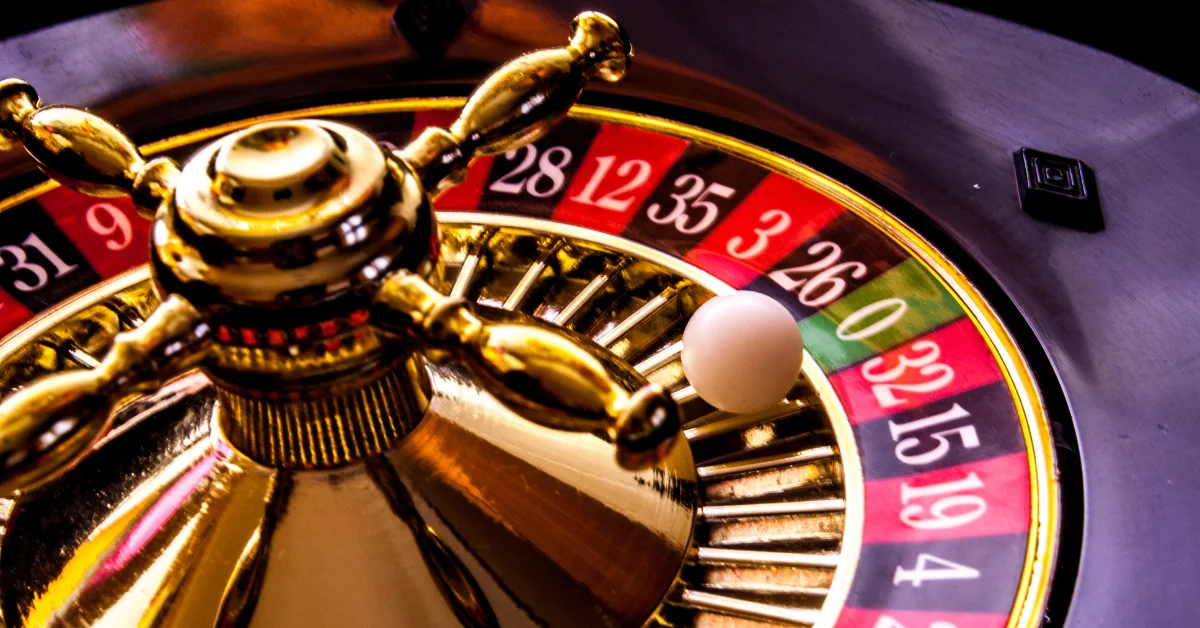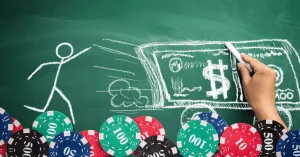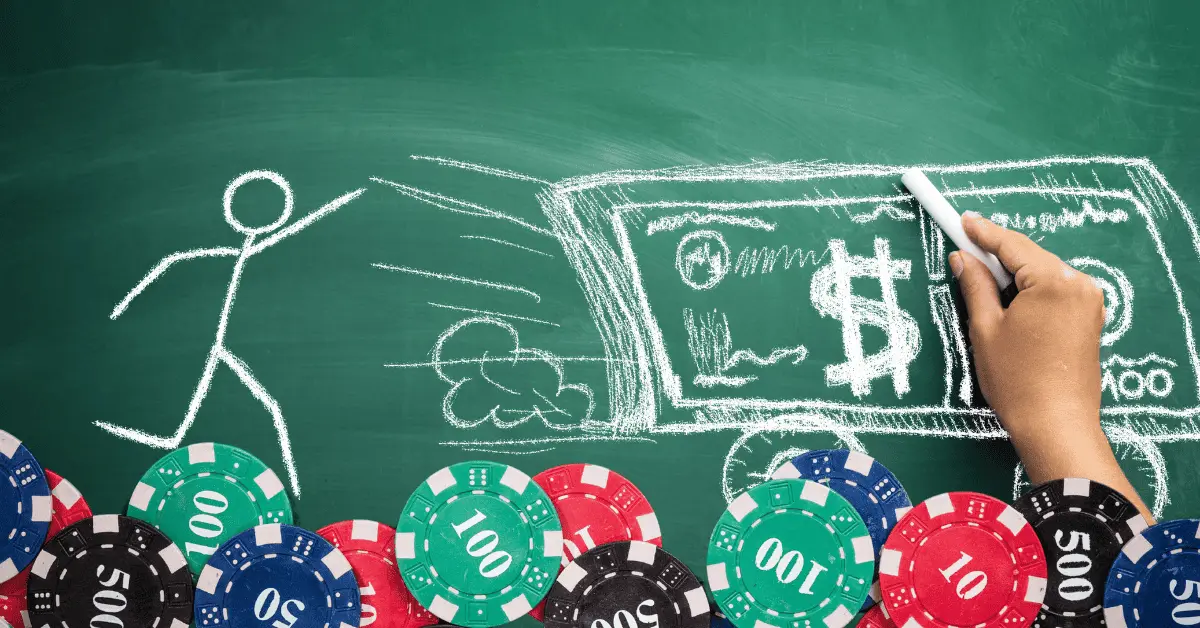The Role of Luck vs Strategy in Roulette

Roulette is one of the most instantly recognizable casino games—it’s that wheel that could be considered ASMR as the ball clinks around before it comes to rest in a wooden slot with an assigned number.
The roulette table shows a grid divided into different numbers, which refer to those on the wheel, which are divided by the aforementioned wooden slots, into which the ball indicating the winning number is slotted in.
Players place bets on the number they think will win by selecting individual numbers or groups, rows, columns, and colors from the table grid, cross their fingers, and wait to see where the ball lands.
But is it all luck? Or is there a strategy involved in roulette? Let’s spin this wheel and see where we land in the debate on the role of luck vs strategy in roulette!

What is Roulette?
Previous versions of the pinwheel-style game had been known for centuries, but it was his invention that defined the modern game, and apart from changes to the numbers, including the addition of the green zero in European roulette, roulette has remained unchanged throughout hundreds of years in casinos.
The game has been played in its current form since the beginning of the 18th century when the French mathematician Blaise Pascal invented roulette.
In addition to the ever-expanding smartphone and device era, the gaming industry began to see the immense potential in online gaming applications, and that is where mobile roulette gaming found its home.
The online format has attracted attention for its innovative graphics, fun game design, and ability to offer customers customized experiences based on their gaming preferences, giving it an edge over other casino games.
Since roulette is such a popular game, it was one of the first games to find its way into online casinos—the rules are super simple and easily accessible to players, making it a fan favorite game among a lot of casino visitors. The game of roulette is also mostly based on luck, meaning players don’t need to learn complex strategies to compete—anyone who sidles up to the table to try their luck can win, regardless of experience.
And while we say roulette is mostly about luck, there are a few strategies players can use to minimize their losses and maximize their chances of winning.

Betting Strategies for Roulette
Betting strategies are designed to compensate for losses and reduce players’ chances of leaving the game with less than they started with. Although many would consider roulette to be purely a game of chance, there are some strategies that players use in an attempt to up their winnings.
And there are different versions of roulette to consider before you begin playing, as well as choosing if you want to play at a roulette app or in a brick-and-mortar establishment.
After that has been decided, there are some gambling experts who say knowing the differences between the European and American versions of roulette is essential if you are more than a casual player and plan to choose or bet on a roulette strategy.
Of course, no betting strategy is guaranteed and you should never, ever bet more than you can afford—always gamble responsibly! Even if your strategy calls for you to bet more money, don’t do it.
While we can’t promise you a big win if you employ these, here are some of the most common strategies when spinning the wheels of roulette:

Martingale Strategy
This is a system that most people have heard of, but it is not always the best for beginners, as you can quickly go into debt if you end up on a losing streak. A simple rule to remember is to always double your bet if you lose and go back to your original bet when you win. So if you start betting $1.30 and lose, next time you bet $2.60.
If you win, you will have a profit of $1.30 and start betting again with the same initial bet of $1.30. The aim of the Martingale strategy is to give you small wins while preventing big losses, but remember to set a limit, and if you lose it, you have to stop playing. A three-losing streak with Martingale betting will put you down $9.10, but with the Paroli system, which we’ll explain below, you’ll only be down $3.90.

Paroli System
This strategy works in reverse to the Martingale and is often a much better choice for beginners—it’s more conservative. With the Paroli system, after a win, you double your bet, but never more than three times. Reset the initial bet after three consecutive wins or after a loss. Another three-win streak with Martingale will set you back $3.90 in loss and profit, but with Paroli, you’ll now be $5.20 richer.

D’Alembert System
If you’re going to place even bets (odd/even, red/black) then this is probably the best strategy for you. Decide on a bet unit and increase it by one unit after a loss and then decrease it by one unit after a win. This will moderate your streak and prevent you from taking huge losses…or making huge wins.
Since you set a bet unit, you can effectively manage your bankroll and double any streaks, but it won’t spin out of control. Let’s say your unit is $6.50; after a loss, you now bet $13.00, and after another loss, you bet $19.50. Then circle back to $13.00 after winning.
Takeaways
The consensus is (drumroll please)…roulette is a game of luck, so there is no foolproof strategy to beat the system or guarantee a win.
But by considering the version of roulette you play, you can decide on a strategy that suits your gambling goals and possibly up your chances of getting lucky.
The three strategies we covered help you bet smart and manage your bankroll—which means you can cut your losses and maybe even walk away with a little extra cash in your pocket!

Alyssa contributes sportsbook/online casino reviews, but she also stays on top of any industry news, precisely that of the sports betting market. She’s been an avid sports bettor for many years and has experienced success in growing her bankroll by striking when the iron was hot. In particular, she loves betting on football and basketball at the professional and college levels.








